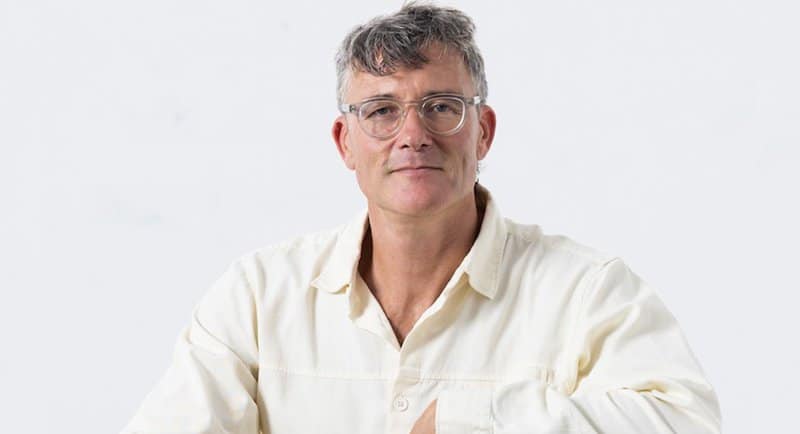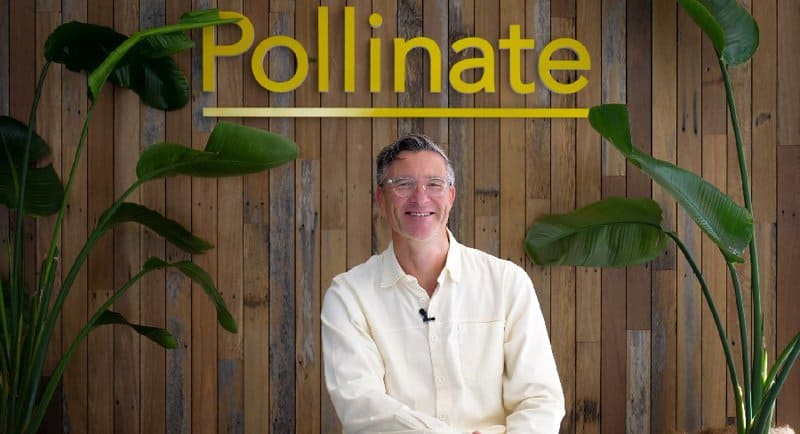The Influence Group’s strategic consulting and insights company, Pollinate, has revealed that while 89% of Australians consider a sustainable lifestyle to be important, 43% cannot afford to live a more sustainable lifestyle.
According to the latest findings of its biannual Pulse survey, 73% think society needs to become sustainable before it is too late, but only 35% think it is easy to lead a sustainable lifestyle, and only 8% believe they can always find sustainable alternatives when shopping.
Since 2007, Pollinate Pulse has kept a running tab on Australian society’s relationship with sustainability initiatives, surveying 1,000 Australians twice a year (the sample is representative of the national population).
Other key findings include:
• Half of Australians think Australia is doing too little to protect the environment
• 70% of Australians think it is important for brands to adopt sustainable practices
• 71% agree it is hard to figure out whether a product labelled as sustainable is actually sustainable
• 58% of consumers are wary of greenwashing, blaming it for higher prices
• 38% of Australians just want to not feel guilty about being unsustainable
• 49% feel they are only somewhat knowledgeable about what sustainability actually is, with limited expertise
Global warming and climate change ranks as the #3 concern for Australians at 79% behind the Australian economy (80%) and cost of living (91%).
See also: Pollinate launches sustainability division to deliver change for businesses

Howard Parry-Husbands
Pollinate CEO Howard Parry-Husbands said: “The latest Pulse findings highlight a classic ‘shifting the burden’ system taking place between business and the Australian public. Simply, this means that while the demand exists for sustainable products, the supply does not meet the demand.
“When faced with additional challenges like the rising cost of living and concerns over the Australian economy, which rank higher than environmental concerns, consumers are feeling increasingly guilty as they struggle with the burden of sustainability being shifted from production to consumption.
“This scenario is dangerous as it reduces the likelihood of addressing the fundamental problem. It is also a real business risk, as a failure by companies and government to change the system and make it easy for the consumer will erode trust at a critical time where every purchase is being carefully considered.
“Australians have let us know that despite their existential fears, when it comes to sustainability they can’t find it, can’t afford it and don’t trust it. It’s time for business and government to step up with easy and accessible options or risk losing consumers entirely,” he said.
